Research centres in Catalonia have conducted 20,000 PCR tests to date
The Center for Genomic Regulation (CRG), the National Center for Genomic Analysis (CNAG-CRG), part of CRG, the Institute for Research in Biomedicine (IRB Barcelona) and the Institute for Bioengineering of Catalonia (IBEC) have analysed more than 20,000 samples to date using the PCR technique. In this regard, 17,547 samples have been tested at the CRG node and 5,248 at the PCB node.
The analyses are part of the Orfeu Programme, the mass screening initiative driven by the Government of Catalonia. As of today, the public health system in Catalonia can carry out up to 17,000 PCR tests every day. This number does not include the capacity of the Orfeu Programme, which can process up to 4,000 samples per day.

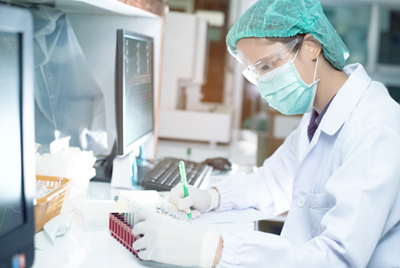

 Application Deadline: 08/06/2020
Application Deadline: 08/06/2020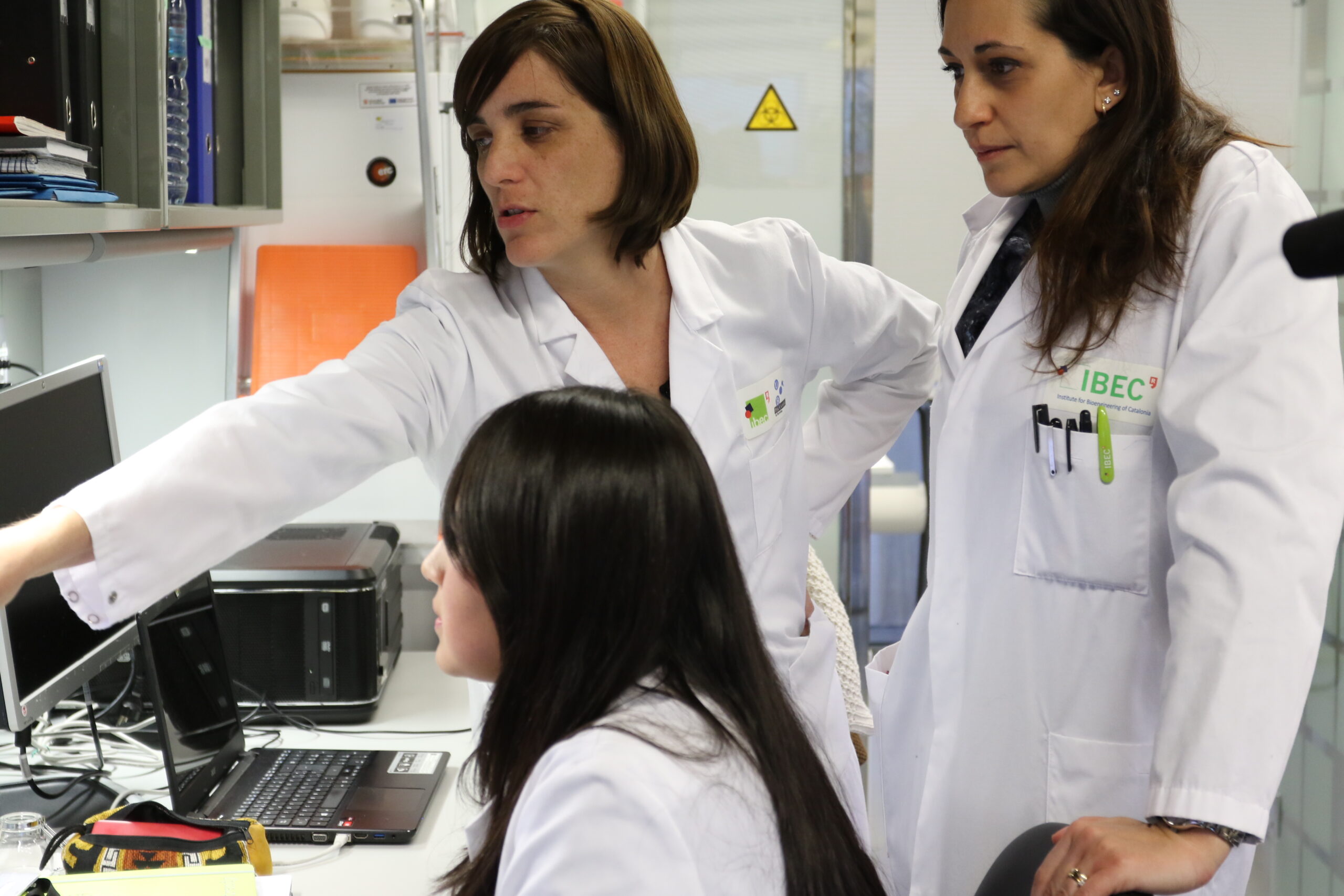
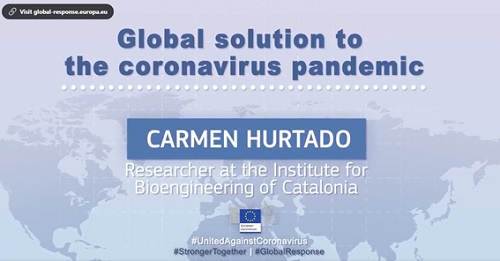
 The Institute for Bioengineering of Catalonia (IBEC) supports the EU initiative to pledge funds for collaborative development of solutions against COVID19. Carmen Hurtado, from the Group of ICREA Professor Núria Montserrat at IBEC contributes to spread the word of “Coronavirus Global Response” initiative in a video for the European Commission.
The Institute for Bioengineering of Catalonia (IBEC) supports the EU initiative to pledge funds for collaborative development of solutions against COVID19. Carmen Hurtado, from the Group of ICREA Professor Núria Montserrat at IBEC contributes to spread the word of “Coronavirus Global Response” initiative in a video for the European Commission.
 Application Deadline: 31/05/2020
Application Deadline: 31/05/2020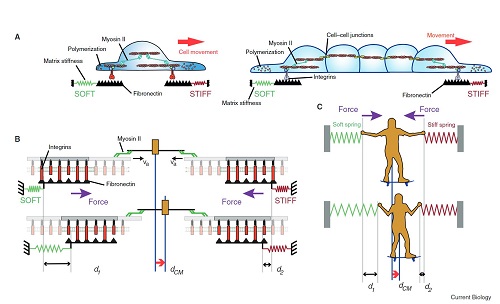
 Xavier Trepat, group leader of the “Integrative cell and tissue dynamics” at IBEC together with Raimon Sunyer, Senior researcher in Trepat’s lab, have written a Primer in Current Biology magazine on “Durotaxis”, a cell migration mechanism that might have a role in several disease states that include the stiffening of tissues.
Xavier Trepat, group leader of the “Integrative cell and tissue dynamics” at IBEC together with Raimon Sunyer, Senior researcher in Trepat’s lab, have written a Primer in Current Biology magazine on “Durotaxis”, a cell migration mechanism that might have a role in several disease states that include the stiffening of tissues.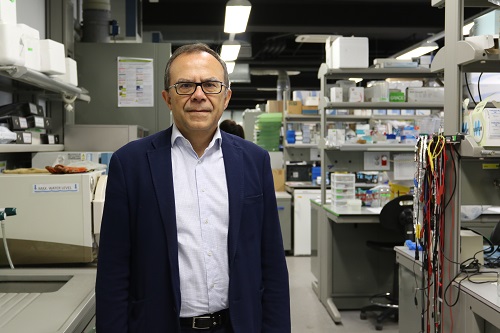
 On May 13, the new National Agreement for a Knowledge-based Society was presented at the appearance of the President of the Catalan Government and the Minister for Business and Knowledge.
On May 13, the new National Agreement for a Knowledge-based Society was presented at the appearance of the President of the Catalan Government and the Minister for Business and Knowledge. 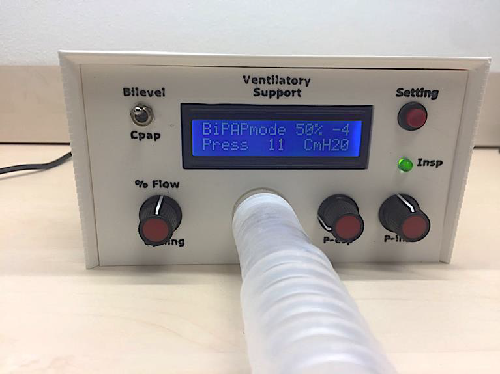
 A project led by the University of Barcelona to which IBEC Group Leader Daniel Navajas has contributed has created a non-invasive low-cost ventilator to support patients with respiratory diseases in areas with limited means.
A project led by the University of Barcelona to which IBEC Group Leader Daniel Navajas has contributed has created a non-invasive low-cost ventilator to support patients with respiratory diseases in areas with limited means.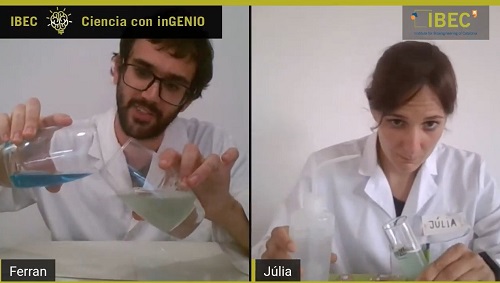
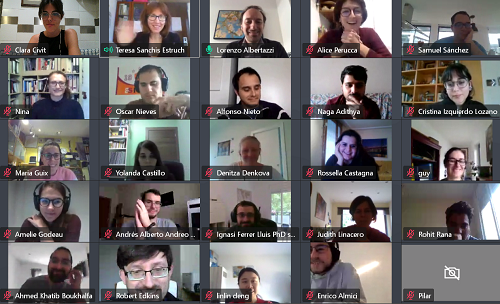 The Institute for Bioengineering of Catalonia (IBEC) has been readjusting its activities due to the Covid-19 health emergency. In this context, not only the research projects and facilities have been adapted to face the actual health crisis, but also the management, events, outreach and communication activities.
The Institute for Bioengineering of Catalonia (IBEC) has been readjusting its activities due to the Covid-19 health emergency. In this context, not only the research projects and facilities have been adapted to face the actual health crisis, but also the management, events, outreach and communication activities.